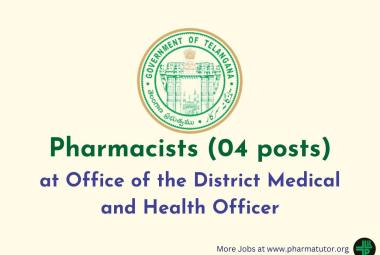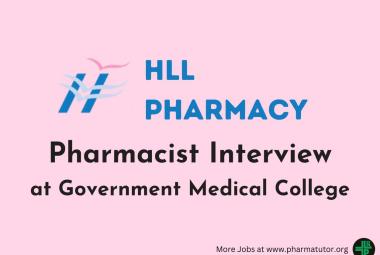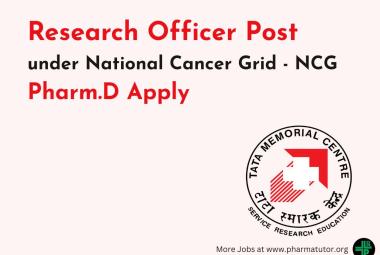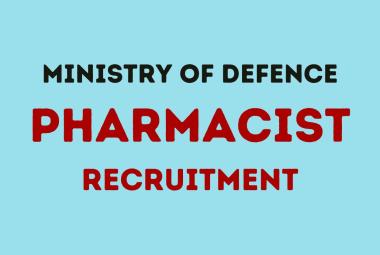The leaked internal e-mails seem to show employees of one of the world's leading pharmaceutical companies calling for "celebrating" price rises for cancer drugs, a survey revealed.
When the pharmaceutical giant negotiated the price of pharmaceuticals in Spain, the pharmaceutical giant would have threatened to stop selling cancer treatments unless the Minister of Health agreed to price increases of up to 4,000 percent, The Spanish daily El Confidencial Digital said at the time. Price increases were made possible by a loophole that allows pharmaceutical companies to change the price of drugs if they are no longer branded with the same name.
The staff of Aspen Pharmacare, based in South Africa and having its European headquarters in Dublin, would have been traced to destroy stocks of life-saving drugs during a price conflict with the Spanish health service in 2014.
After buying five different cancer drugs from the British company GlaxoSmithKline (GSK), the company tried to sell drugs in Europe up to 40 times their previous price, The Times reported. In 2013, the price of a package of a chemotherapy drug called busulfan, used to treat leukemia, rose from £ 5.20 to £ 65.22 in England and Wales.
<< Back to Pharma News
Subscribe to PharmaTutor News Alerts by Email










